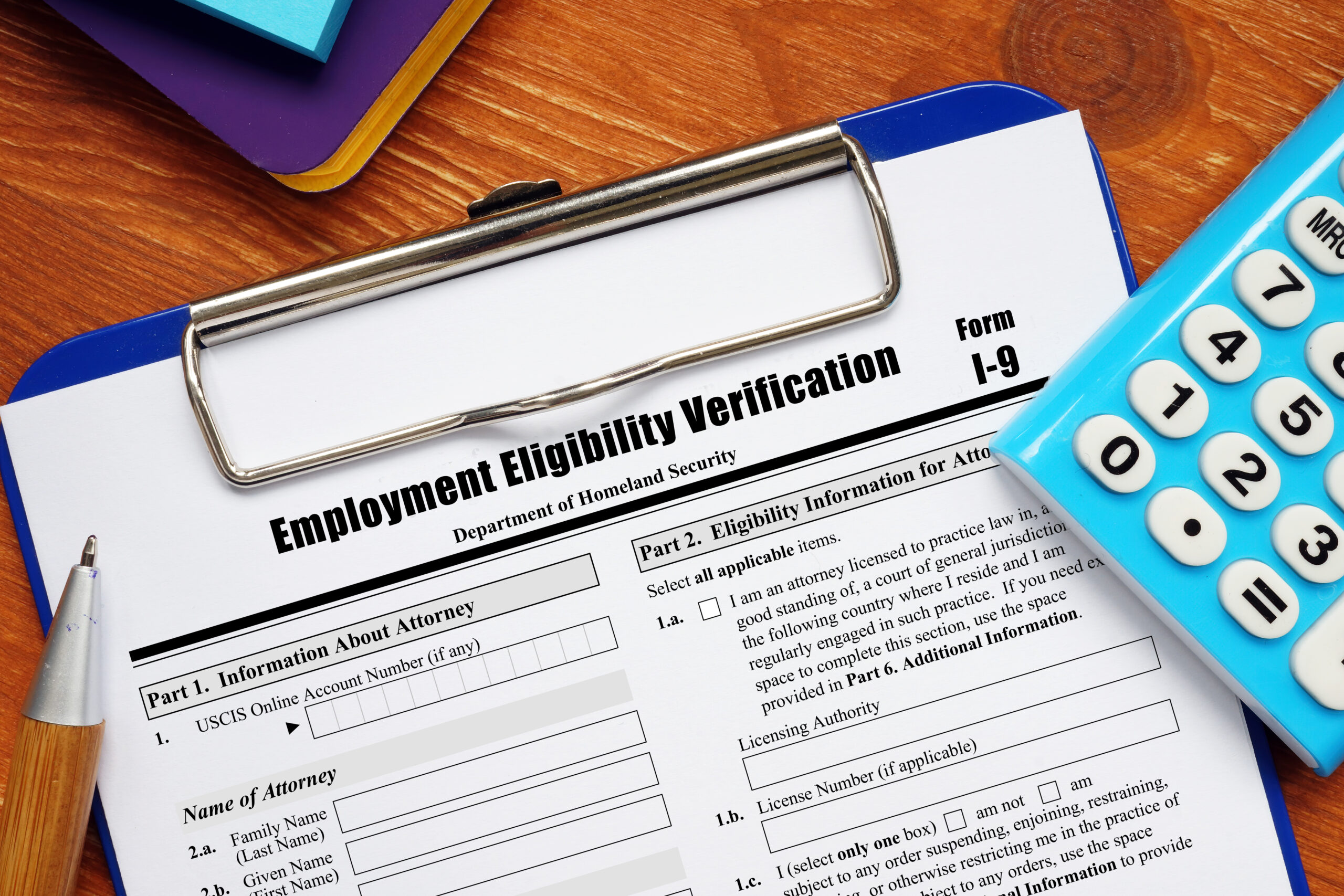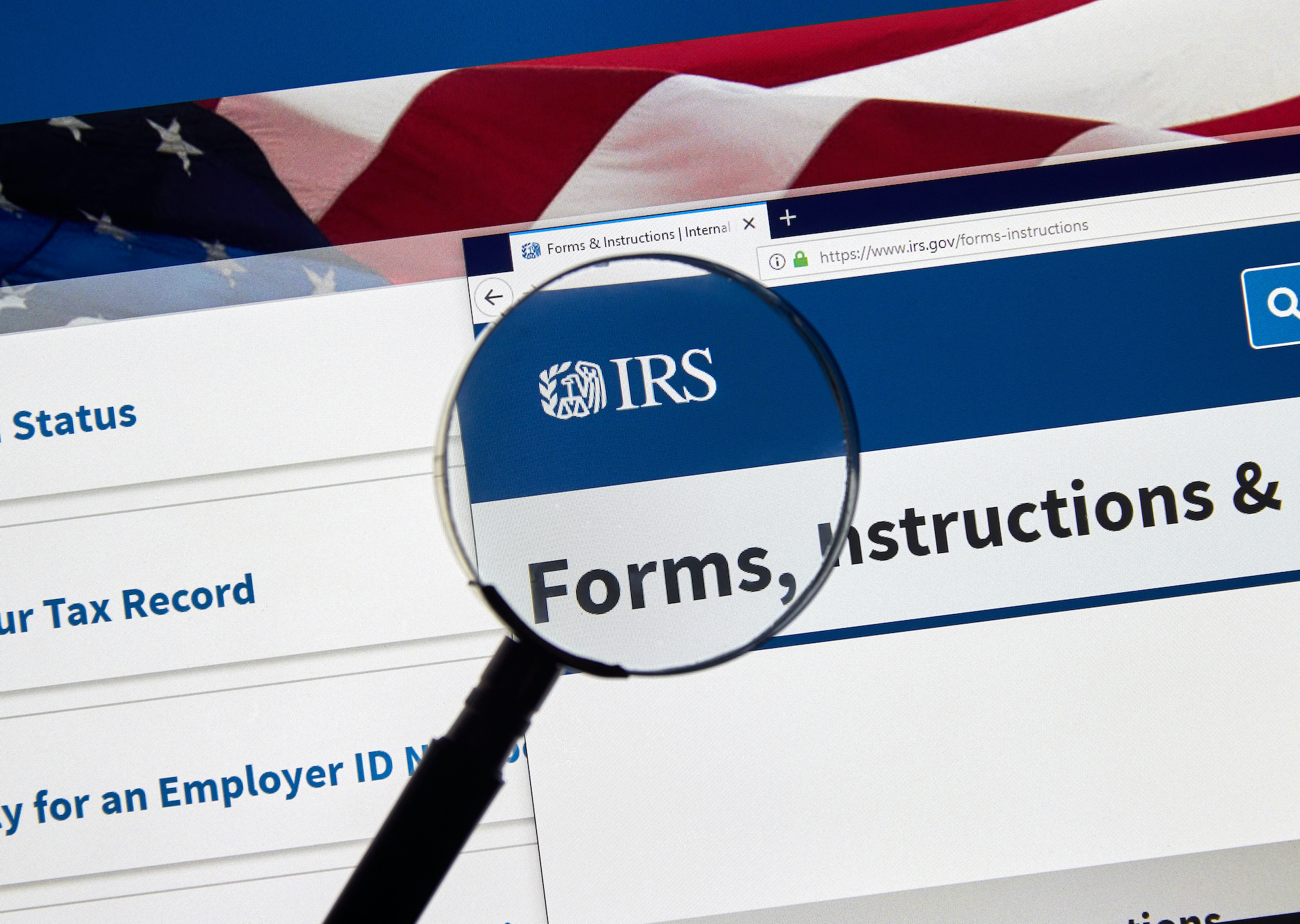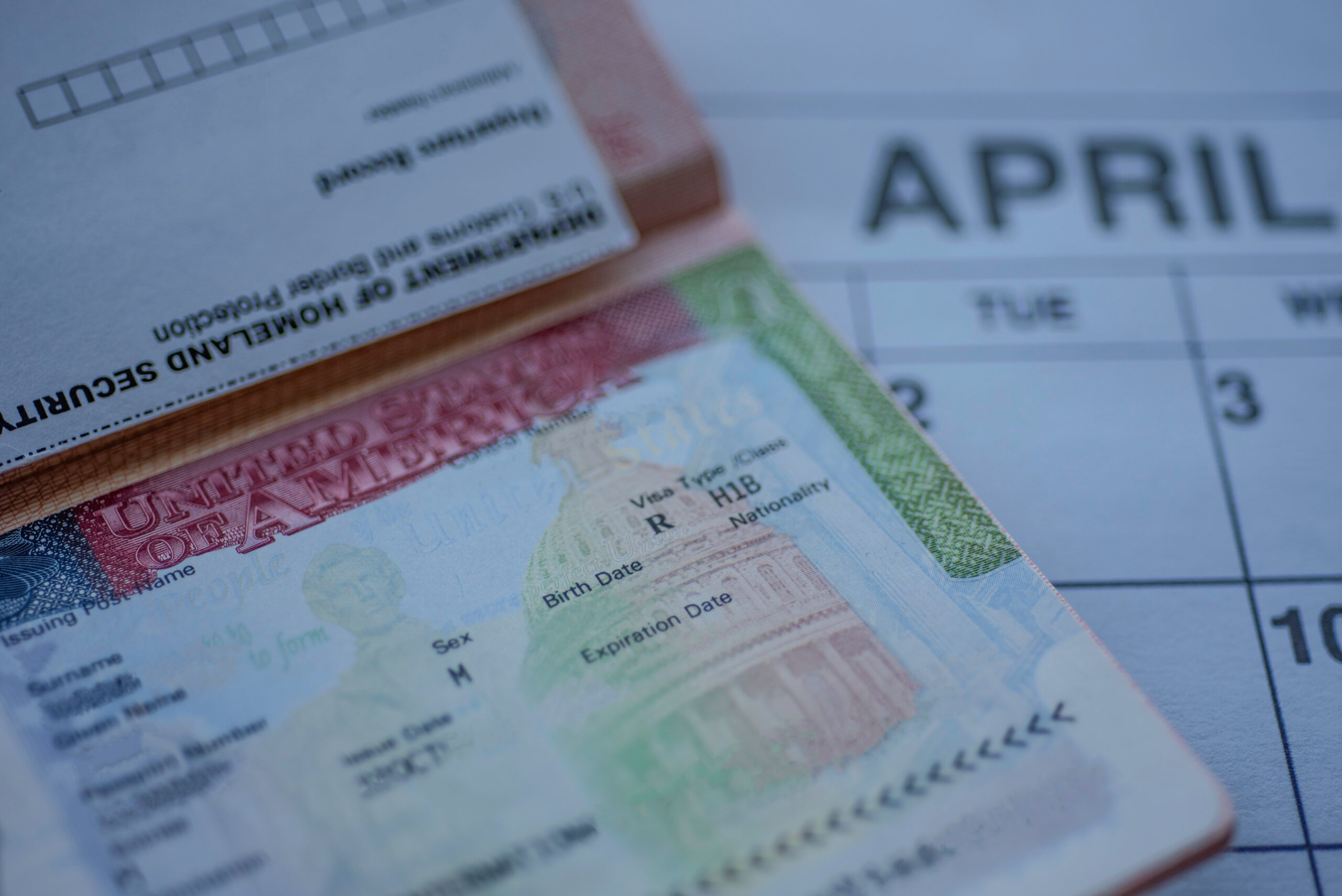Mayor Deblasio has signed a bill that makes it an “unlawful discriminatory practice” for employers to inquire about the salary history of a prospective employee or to rely upon salary history unless the applicant offers the information voluntarily. The legislation aims to eliminate what supporters say is one of the reasons the wage gap between men and women is perpetuated. The new law will take effect on October 31, 2017.
What the NYC Law Provides
No Inquiry About Salary History
The legislation amends the New York City Human Rights Law by adding a provision that makes it an “unlawful discriminatory practice” for an employer to make any salary inquiry of an applicant, the applicant’s current or former employer, or a current or former employee or agent of the applicant’s current or prior employer. An employer is also prohibited from conducting any form of search through publicly available information for a prospective employee’s salary history.
Employer and Applicant Can Talk About Salary
The law does not prohibit the employer and the applicant from talking about salary and other benefits being offered. The employer can inform the applicant about the expected salary of the position to which the applicant has applied. They can then inquire about and discuss the applicant’s salary expectations. This includes whether the applicant would forfeit any unvested equity or deferred compensation for leaving the current employer.
No Consideration of Salary History in Setting Compensation
The law also makes it an unlawful discriminatory practice for an employer to consider an applicant’s salary history in determining the salary, benefits, or other forms of compensation for that applicant. However, suppose an applicant voluntarily provides a salary history. This information can determine the salary, benefits, and other compensation, and the employer may verify the salary history.
Penalties
The Human Rights Commission may impose a civil penalty of up to $125,000 for an unintentional violation. Additionally, up to $250,000 for a “willful, wanton or malicious act.” In addition, an individual may bring a civil lawsuit for law violations. The full range of relief available under the New York City Human Rights Law will be available in such a lawsuit. This includes backpay, compensatory damages, and attorneys’ fees.
Employer Actions
Employers should start reviewing their policies and hiring practices. Human Resources personnel, recruiters, and anyone involved in the recruiting and hiring process must be trained on the law’s requirements.





